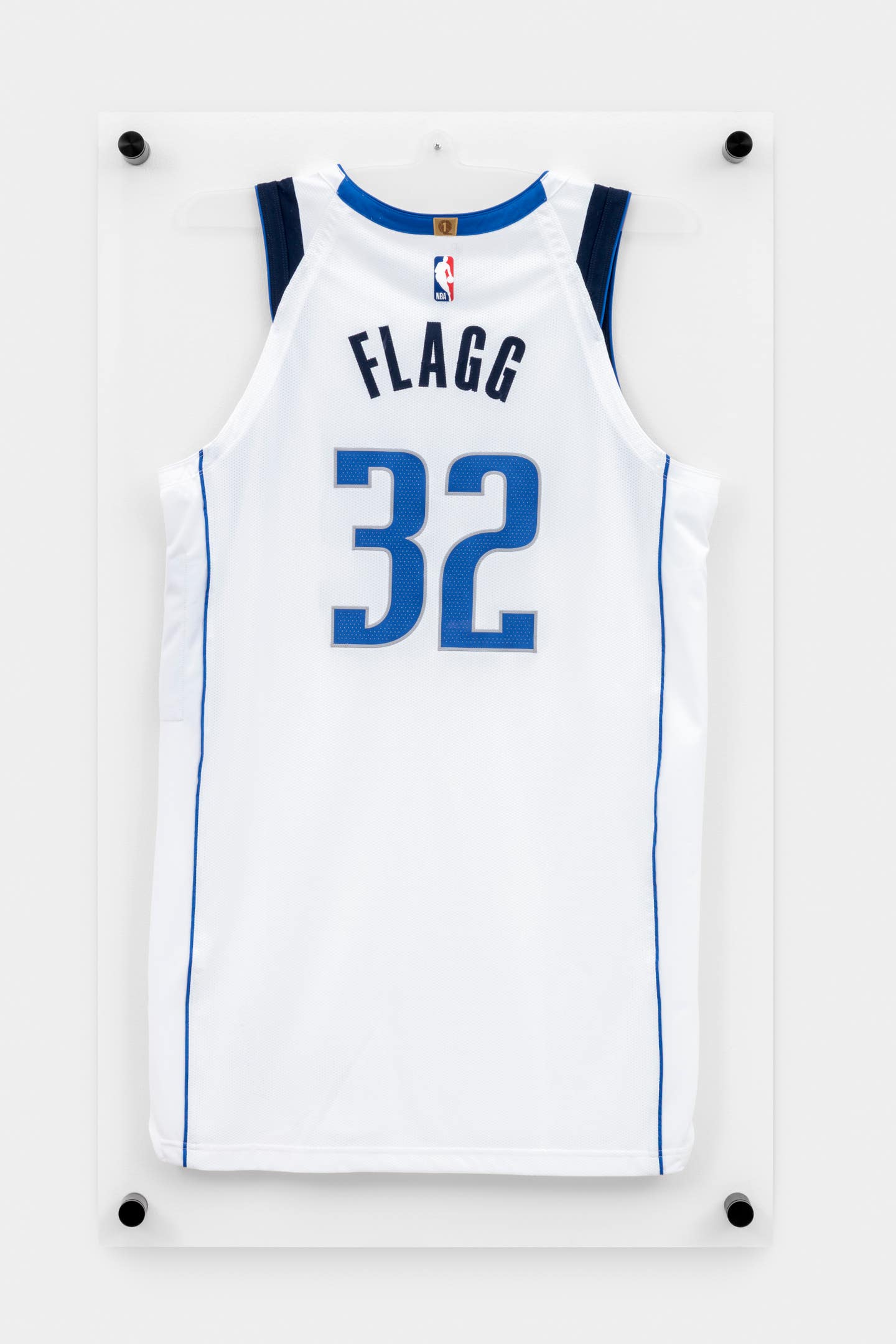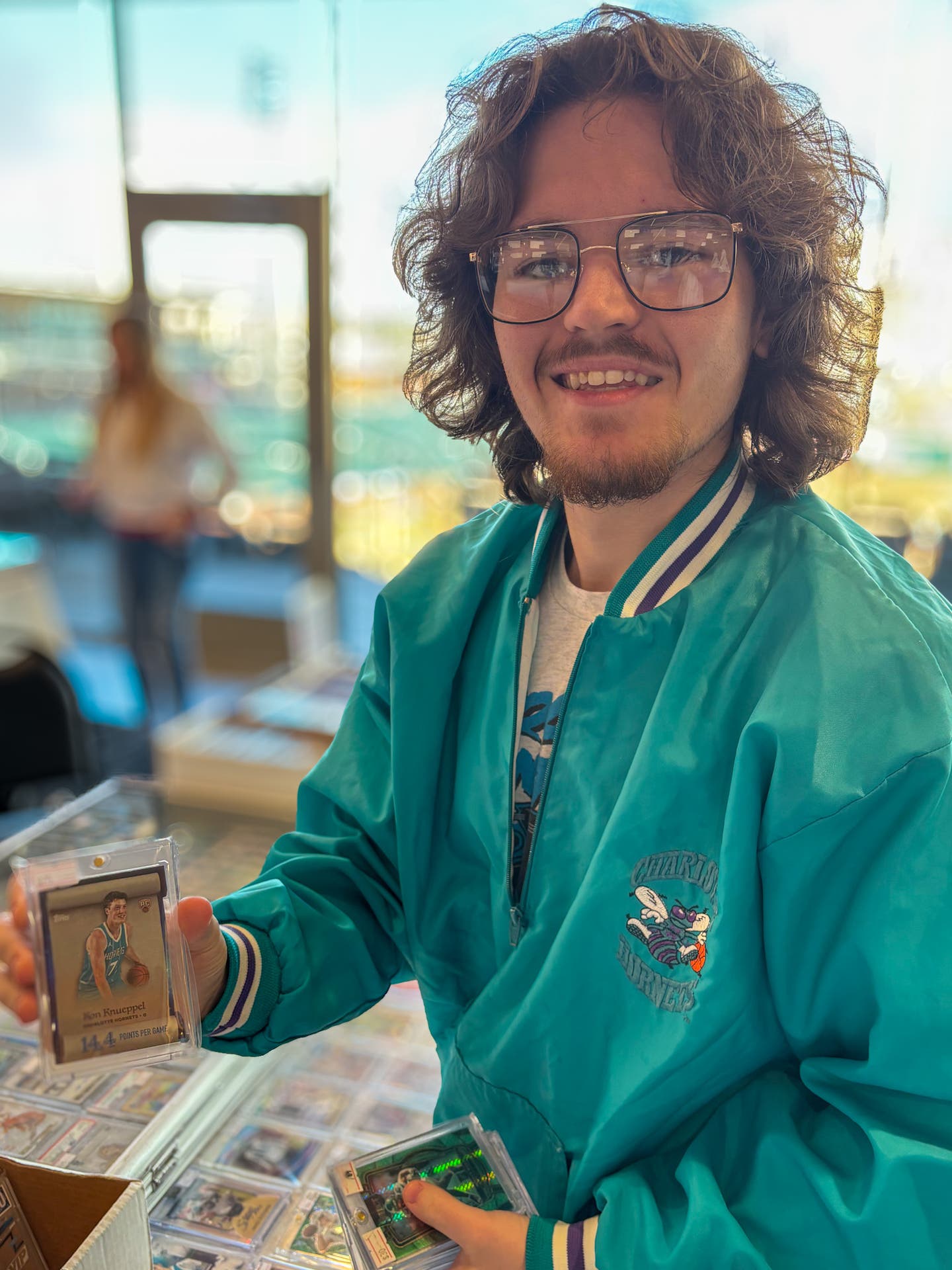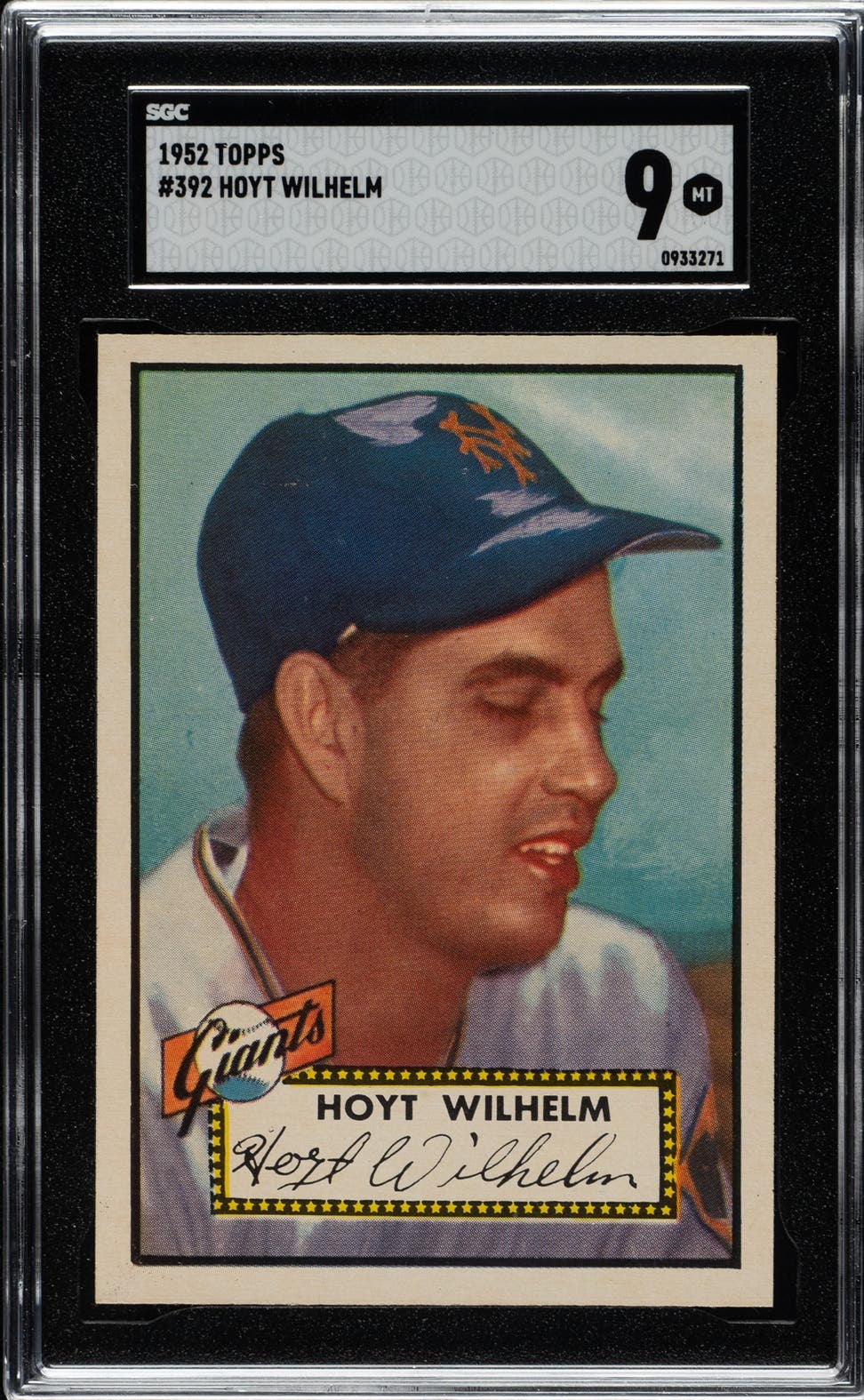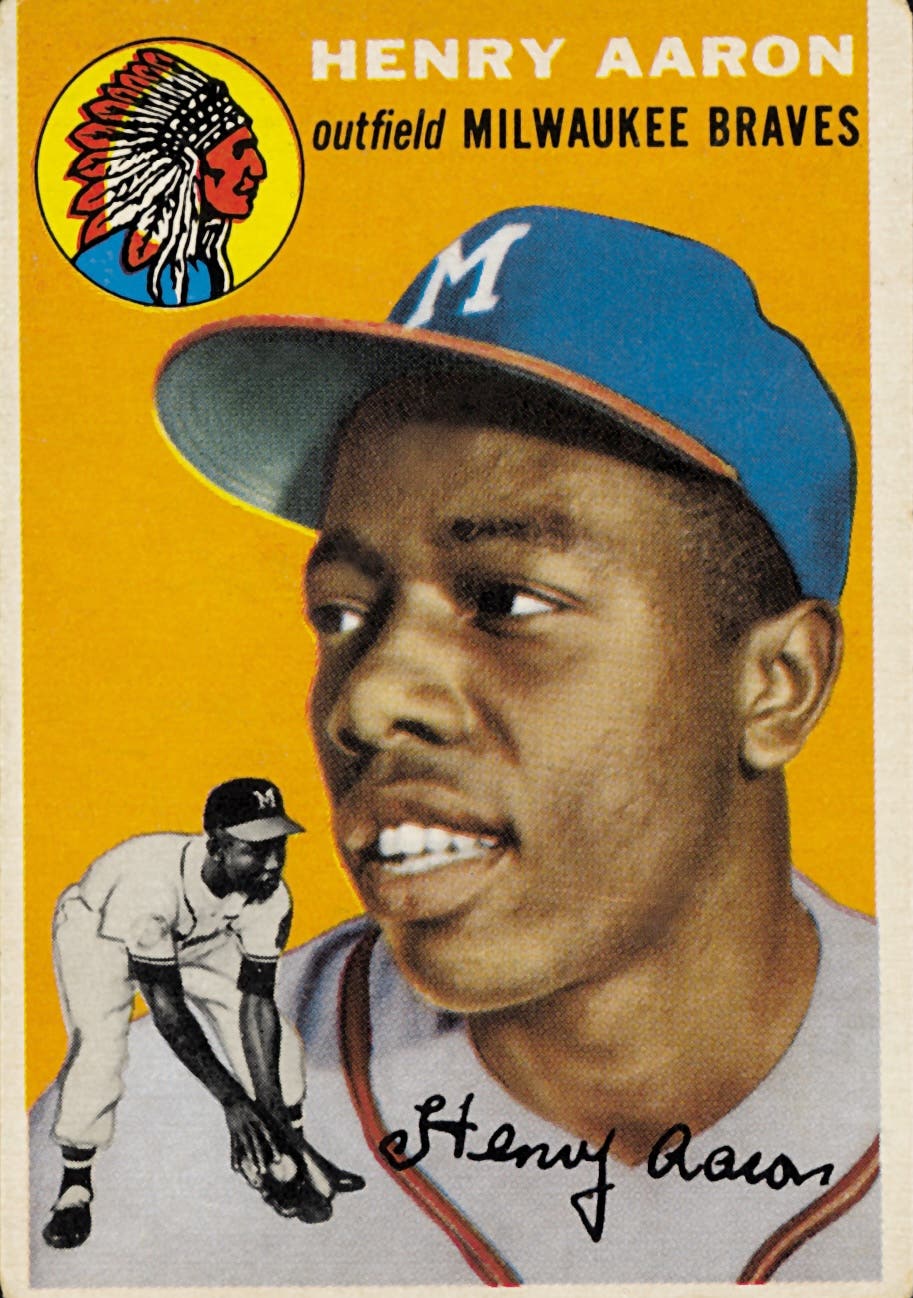Cards
ROOKIE CARD THAT NEVER WAS: The confounding legacy of Dodgers great Maury Wills and his missing rookie card
Of the many ways to collect sports cards, one of my most enjoyable pursuits is to assemble sets of my favorite players. I find especially interesting baseball cards that capture the history or important moments of the game.
An intriguing example is how Maury Wills cards describe a career that not only transformed baseball, but also baseball cards.
Wills was an infielder for the Dodgers, Pirates and Expos and a rather unsuccessful manager of the Seattle Mariners in their early days. He broke into the majors with the Dodgers in 1959 after struggling in the minors during the transition period of racial integration. He went on to win three World Series with the LA Dodgers (1959, ’63, ’65), the National League MVP in 1962, and led the National League in stolen bases from 1960-1965, breaking Ty Cobb’s 1915 record with 104 bags in 1962.
Related Content:
Wills reintroduced the art of base stealing to baseball, thereby inventing smallball and inspiring baseball greats and game-changing base stealers like Lou Brock, Rickey Henderson, Ronald Acuna Jr., and Elly De La Cruz. With his resume and contributions to the game, many have argued that Wills could have been elected to the Hall of Fame if not for a number of character flaws and poor decisions early in his career.
Wills’ career arc was that of a Shakespearian tragedy. After languishing in the minor leagues for a decade, he was called up as the third Dodgers shortstop in the middle of their 1959 championship season. He played well into the postseason and continued his ascent after securing the starting position in 1960.
However, at the end of his career, after an IRS prosecution and cocaine arrest, Wills was on the Hall of Fame ballot for 15 years, from 1978-92, and never received more than 41 percent of the vote. It seems the Baseball Writers Association of American (BWAA) voters just could not overlook his history of drug and alcohol abuse, a self-confessed affair with Doris Day, and his prosecution for income tax evasion.
As his fans who have searched in vain for his rookie card know well, Topps did not produce a Maury Wills card until 1967, following his 1966 postseason trade to the Pirates, causing even further distress to Dodgers fans. Wills had been overlooked by Topps scouts who were unimpressed by his minor league performance and felt he was unworthy of a $5 card contract (Wax Fantastic).
This decision is described in the June 29, 2010 issue of Sports Collectors Digest by the Topps executive in charge of player relations, Sy Berger, who denied there was any rift with Wills. In that interview Berger claimed that Wills was simply overlooked by Topps representative Turk Karam before Fleer signed him. Consequently, in one of his early star-crossed decisions, Wills committed to an exclusive contract with Fleer, which was aggressively vying to enter the modern baseball card market. Fleer had been selling sports cards and baseball cards featuring old-timers with their gum and candy since the early 1920s and was trying to muscle its way into modern player cards. By 1963 it had signed enough major leaguers to produce its highly-collectable 66-card set, which it sold with cherry cookies (instead of gum or candy). Topps wasn’t buying their cookie-not-gum, non-confectionary argument, however, and successfully sued Fleer for trademark infringement.
Rift or no, Topps would not produce a Wills card until after his three World Series appearances, two Gold Gloves, five All-Star seasons, NL MVP, and stolen base record.
The 1963 Fleer Maury Wills (#43) de facto-rookie card is one of the most sought-after cards in the Hall of Fame-loaded set, which also features Brooks Robinson (#4), Willie Mays (#5), Carl Yastrzemski (#8), Don Drysdale (#41), Sandy Koufax (#42), Warren Spahn (#45), Roberto Clemente (#56), Bob Gibson (#61), and Orlando Cepeda (#64).
Predating the Fleer issue, however, is the curiously-prescient 1962 Post Cereal Maury Wills card, which unintentionally highlights his stolen-base record. Issued nationally and in Canada on the backs of Post cereal and Jell-O boxes, card #104 of the 200-card set states that “at the end of the 1960 season the Dodgers gave Maury second base; he had stolen it so often they decided it was his.” Wills would go on to pilfer an MLB-record 104 bases in 1962.
Topps would eventually correct the missing 1962 Wills rookie card with a phantom issue as part of their 1975 25th Anniversary series, a 24-card subset celebrating the Most Valuable Players from each league for the years 1951-74. Since there was no 1962 Topps Maury Wills card available for the self-congratulatory retrospective, Topps simply created a “card that never was.” Interestingly, there are two other phantom Dodger MVP cards created for this subset—both for Roy Campanella, who was NL MVP in 1951 and 1955 and was under contract with Bowman for those years.
The phantom Wills rookie card makes another appearance in the 1982 K-Mart boxed-set retrospective 20th Anniversary MVP collection, which similarly highlights the AL and NL MVPs from 1962-81. For this subset, Topps likely realized that reaching all the way back to 1951 into Bowman’s heyday was too ambitious for an anniversary set and started this subset in 1962. Card #200 features the same 1962 Wills phantom rookie card as the 1975 set, with slight modifications to the font and punctuation to be more faithful to the original 1962 wood paneled design. However, the K-Mart sets were not well received and many likely ended up in Blue Light Specials.
Reappearing for a third time in 1987, the Wills rookie card that-never-was is featured as part of the five-card, wood-grained Turn Back the Clock subset highlighting legends from the 1962, ’67, ’72, ’77, and ’82 seasons. Topps had used their recurring Turn Back the Clock theme for the first time in 1977 with a subset of five cards (#433-437) that featured Wills and Nate Colbert, Carl Yastrzemski, Bob Keegan, and Ralph Kiner. The Wills card shows the actual record setting 104th stolen base with Wills sliding into third base in the season finale on Oct. 3, 1962. The card image was also used on the 1963 Dodgers Yearbook with photo credit to Dave Sutton of Sport Magazine.
How did Wills’ early relationship with Topps impact his career?
Did his rapid ascent to baseball stardom after the 1959 season, the Dodgers second in L.A., in the bright lights of Hollywood and Sunset Strip, draw him to the glamor and fame he craved after being shunned by a bubblegum salesman? How did playing in the long, post-integration shadow of Jackie Robinson after a protracted and humbling minor league career motivate his playing?
Wills was a fierce and cunning competitor when it came to stealing bases. New York Mets pitcher Roger Craig once tried to pick him off 12 consecutive times before Wills stole second on his next pitch. This intensity possibly contributed to his drug and alcohol abuse and secret affair with Doris Day.
In the case of Wills’ phantom rookie card, the history that is captured is not just about his statistics and achievements, but rather the impact of baseball cards and how they have transformed the game. After its failure to sign Wills, Topps changed its policy and signed all minor league players to contacts, a practice that continues to this day.
— Robert J. Livingston is a retired clinical laboratory scientist, aspiring motorcycle mechanic and occasional baseball writer.








